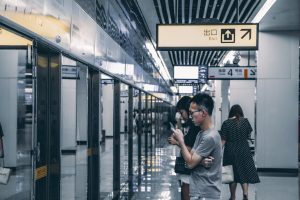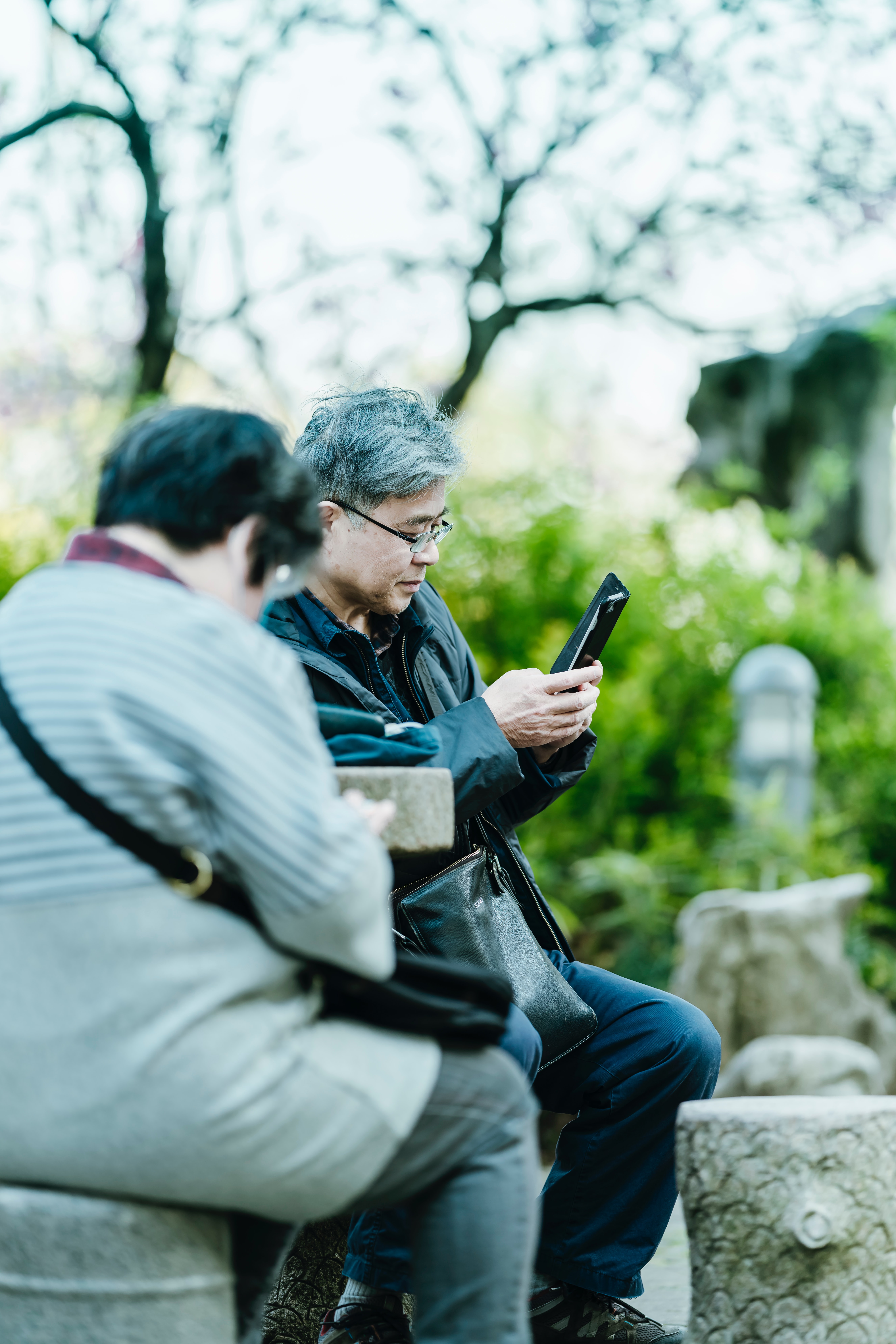COVID-19 tracking software on consumers’ phones in China may be here to stay.
A few months ago, China’s government officials installed software in everyone’s smartphones that would track the spread of the coronavirus. Now it is mostly under control in that part of the world, however, instead of eliminating its tracking capabilities, officials are looking for new uses to continue monitoring consumers. It appears there was never an intention to remove the invasive oversight, but rather, the government is hoping to make this a permanent part of everyday life.
Zhou Jiangyong, the Communist Party secretary of the eastern tech hub of Hangzhou, said recently “the city’s app should be an intimate health guardian for residents, one that is used often and loved so much that you cannot bear to part with it.” But, consumers are, rightfully, concerned over the invasion of privacy, particularly since companies and agencies in China have an only so-so track record when it comes to keeping personal information safe and authorities have set few limits on how that data can be used.

“Epidemic prevention and control needs the support of big data technology, but this does not mean agencies and individuals can randomly collect citizens’ information by borrowing the name of prevention and control,” Li Sihui, a researcher at Huazhong University of Science and Technology, said.
People in China signed up for the virus tracking system by submitting their personal information, including any recent travel and current health status. The program used this and other data to generate a color code for each participant – either green, yellow, or red – that indicates whether the holder is a risk. Yet, authorities have never explained in detail how the system decides the color of someone’s code. In Hangzhou, where the system was originally developed, officials are exploring expanding the health code to rank citizens with a “personal health index.”
“Doesn’t this brazenly violate privacy to surveil and discriminate against unhealthy people?” Wang Xin, a novelist, wrote on the social platform Weibo, to his 2.5 million followers.
“I know that in this age of big data, it’s so easy for those who control data to check and use personal information in a matter of minutes,” another author, Shen Jiake, wrote. “But Hangzhou’s plan crosses a line.”
And, while the purpose behind the initial use of the software was widely disseminated, it seems officials discussing long-term use are meeting behind closed doors, refusing to let the public in on their plans. Even if the discussion actually involve a useful proposal to allow the software to reduce crime or boost the economy, consumer advocates in China say the public has a right to know what will be tracked.
“If the authorities have specific reason to hold onto health code data after the threat has passed, then they should make those reasons clear and obtain users’ consent,” said Lei Ruipeng, a professor of bioethics at Huazhong University of Science and Technology.
Earlier this year, coronavirus whistleblower, Dr. Li Wenliang, tried to spread the news of the deadly pandemic but received swift backlash from the Chinese government. He was silenced, and ultimately, made to allow the subsequent devastation. Wenliang soon-after contracted and died from COVID-19.
Sources:
China’s Virus Apps May Outlast the Outbreak, Stirring Privacy Fears
China rolls out software surveillance for the COVID-19 pandemic, alarming human rights advocates


Join the conversation!